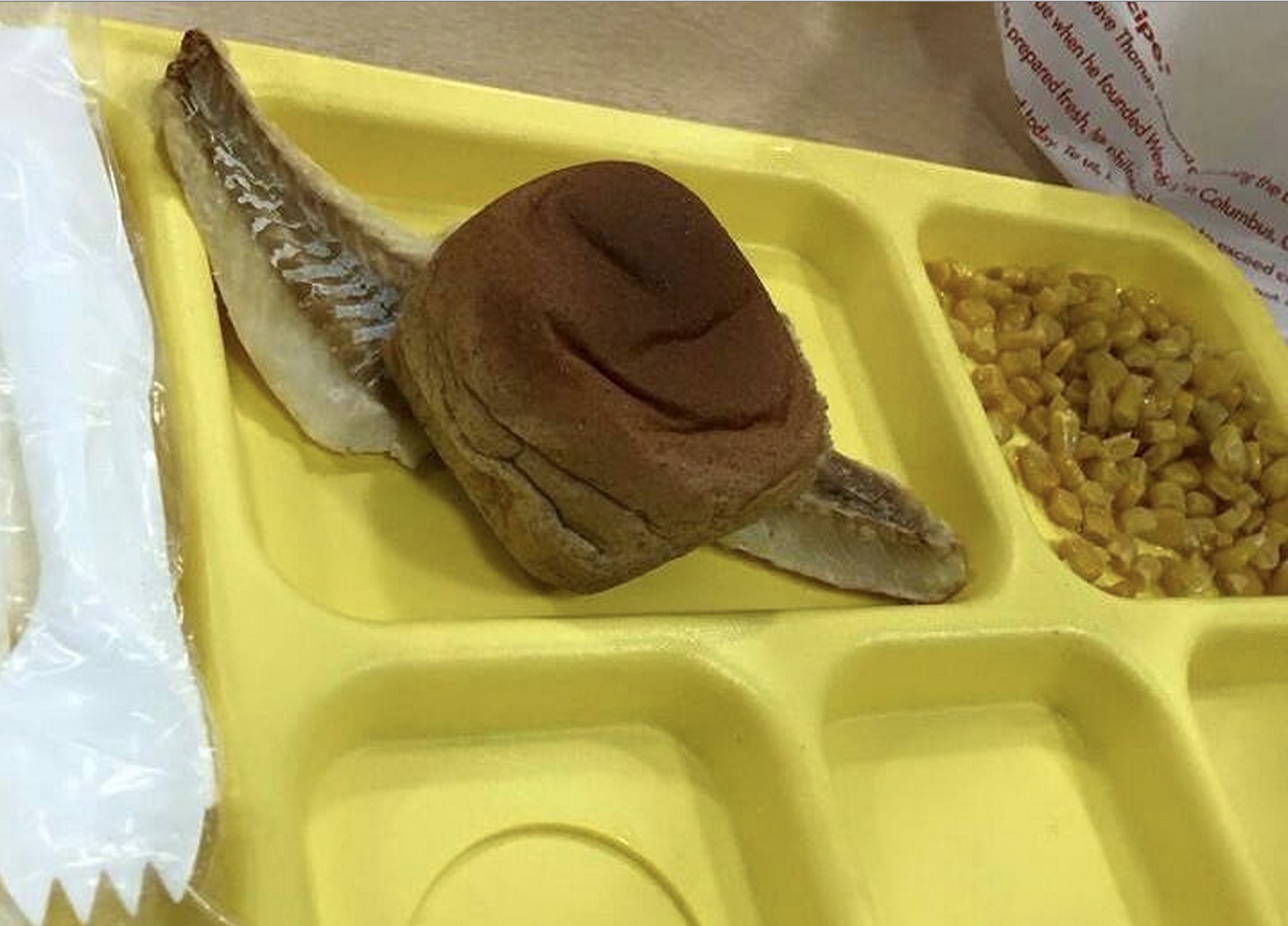WASHINGTON, D.C. – First lady Michelle Obama and school nutrition experts have seemingly come to a truce over school lunch regulations after years of disagreement over federal restrictions imposed in 2012.
 Legislation approved by the Senate Agriculture Committee on Monday would scale back whole grain requirements and delay further restrictions on sodium set to kick in next school year, the Associated Press reports.
Legislation approved by the Senate Agriculture Committee on Monday would scale back whole grain requirements and delay further restrictions on sodium set to kick in next school year, the Associated Press reports.
MORE NEWS: Know These Before Moving From Cyprus To The UK
“The School Nutrition Association, which represents school nutrition directors and companies that sell food to schools, said it is supportive of the agreement negotiated by Senate Agriculture Chairman Pat Roberts, R-Kan., and the committee’s top Democrat, Sen. Debbie Stabenow of Michigan,” according to the news service.
“The White House has yet to weigh in, but committee aides said the administration was involved in negotiations and is expected to be supportive. The aides declined to be identified because they were not authorized to speak publicly about the legislation.”
The possible compromise comes despite Michelle Obama’s vow to fight against any effort to weaken the federal restrictions on calories, fat, sugar, sodium, and other elements of school food “until the bitter end.”
It’s also a far cry from an unsuccessful Republican-led effort in 2014 to allow schools to opt out of the regulations entirely.
“In the absence of increased funding, this agreement eases operational challenges and provides school meal programs critical flexibility to help them plan healthy school meals that appeal to students,” SNA vice president Jean Ronnei told the AP.
The Senate legislation would direct the Agriculture Department to reduce the “whole grain rich” requirement – that bread and pasta products are comprised mostly of whole grains – from 100 percent to 80 percent within 90 days of the bill’s approval. It also delays a scheduled sodium limit reduction set for 2017 for two years to study the potential benefits of the reduction.
MORE NEWS: How to prepare for face-to-face classes
The five-year bill tasks the government with developing ways to counter food waste created by the federal food restrictions, as well.
Research shows school food waste increased by more than $1 billion annually since the regulations were imposed in 2012, mostly because the government now requires students to take a fruit or vegetable, whether they want it or not. In many cases, students simply dump their greens in the garbage, EAGnews reports.
The Michelle Obama-inspired changes have also convinced more than 1.4 million public school students to drop out of the National School Lunch Program, which requires schools to adopt the nutrition changes in order to receive federal subsidies for needy students.
The situation has forced hundreds of schools to forgo the subsides to quit the federal lunch program in order to keep their lunch programs viable, as the federal restrictions rendered school food so unappetizing students would no longer eat it.
Regardless, the new legislation would expand summer school food programs that are subjected to the same regulations.
“Given all of the aggressive lobbying against school nutrition over the past few years, it’s remarkable that the Senate bill is as strong a way forward as it is,” Margo Wootan, spokeswoman for the Center for Science and the Public Interest – a group in support of the federal food restrictions – told the AP.
And while the Senate is expected to vote on the “compromise” bill this week, it must still pass the Republican-dominated House to become law.
In the meantime, students across the country continue to post snapshots of their unsavory government lunches with the hastag #ThanksMichelleObama. Twitter user Hav-e-air, for instance, shared the pile of pulled meat and tortillas he was sentenced to last week.
@thxmichelleo Nambe ni sirve pa nada #thanksmichelleobama pic.twitter.com/i0aWwuh3oD
— Hav-e-air. (@J_Bece18) January 15, 2016
In another post by user “Victor (RAWR!),” the student shared in image of the not-so-mouth-watering “beans and hot dogs and cornbread” served up Jan. 13.


Join the Discussion
Comments are currently closed.